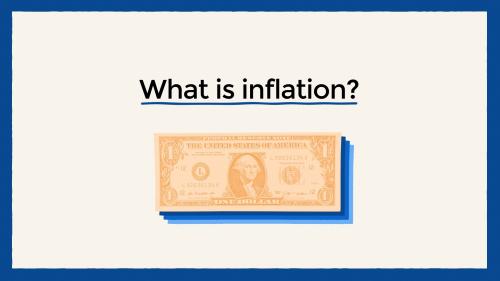China’s devaluation of its currency is less an attempt to invigorate exports than a misstep on the path to creating a more market-oriented exchange rate, David Dollar, a senior fellow at the Brookings Institution said in a recent interview with The Nikkei.
Dollar, an expert on the Chinese economy and U.S.-China relations, argued that a continued devaluation trend could heighten tensions between the two countries.
Edited excerpts from the interview follow.
Q: The Chinese economy appears worse off than we thought. What is the driving force behind such a drastic economic and currency policy move as the yuan devaluation?
A: I think the main thing China is trying to do is move to a more market-oriented exchange rate. But I think they created some confusion because, at the same time, they started with a one-off devaluation of 1.9%. And while that’s not a very large number, it created a sense that there will be a devaluation trend. And I think right from the start the PBOC [People’s Bank of China] has had to fight that perception. So PBOC has put out some statements saying there’s no reason for a devaluation trend. And then they intervened to push the currency up because they do not want a devaluation trend.
Q: Many people in the market regard this as an intentional move to stimulate exports.
A: I think the key thing is what happens next. The devaluation so far is too small to have much effect on the real economy. I expect the Chinese exchange rate to be pretty stable against the dollar now going forward, and then that will indicate that this was a move toward a more market-oriented system but not a blatant effort to push up exports.
If I’m wrong and if we start seeing a continuous devaluation trend, then I think many of China’s partners will feel that it’s pushing the exchange rate to try to advantage its exporters, and I think that will be bad for the world economy.
Q: Do you think Chinese authorities are in a kind of panic about keeping the economy from declining further?
A: I think their moves first to try to stop the stock market from falling, and now this, you know, somewhat confused action on the exchange rate does create an impression of panic. I actually think the underlying data in China are pretty good, so I think they’re just making some policy mistakes. But they are sending a signal that things are much worse, and I hope that’s the wrong signal. But I think that’s what the market is nervous about. The market is nervous that maybe the Chinese economy is in much worse shape.
Q: How serious do you think the state of China’s economy is now? Do you think they are far from reaching 7% economic growth this year, or are they still doing well?
A: I think they’re still doing well. I think they’re growing in the 6-7% range. The service sector is growing fast. A lot of jobs are being created and household income is going up, consumption is going up. Investment is very weak because they’ve built too much capital stock in the past. So I view it as a positive thing that investment is weak — it’s a natural adjustment. Their exports are weak because the world economy is pretty weak, and I don’t think there’s anything they can do about that. So I take the overall picture of the economy growing at somewhere between 6% and 7% as quite positive.
Q: Do you think the market is too pessimistic about the Chinese economy?
A: Well, I think the Chinese stock market ran up more than 100%, and there’s been about a 30% correction. But, frankly, it still seems quite high. But worldwide stock markets have been declining in response to these Chinese developments. I think, you know, worldwide investors are worried that things might be worse in China than what I just painted.
Q: What is going to happen in the Obama administration if China continues this devaluation policy?
A: The U.S. Treasury put out a pretty cautious statement, and I think the most likely scenario is the currency will be pretty stable going forward, and within a short time everyone will forget about this small devaluation.
But there is some risk that we’re now going to see a continuing devaluation trend and that would be very unfortunate, as that would create a lot of tension between China and the U.S. just before President Xi Jinping comes to visit.
China has a very large trade surplus that’s increasing, so on a trade basis there’s simply no justification for devaluation of the currency.
Q: Do you think this devaluation will affect the decision by the U.S. Federal Reserve in terms of a rate hike this year?
A: Right. So in the futures markets, the expectation that the Fed will move in September has dropped very significantly. So the market now thinks it’s unlikely the Fed will move in September. Certainly, whatever the Fed does is likely to be influenced by what is happening in the global economy and global trade. So I still think this small devaluation so far does not have much effect. So it’s quite possible we’ll still get an interest rate hike in September. But if we see continuing Chinese devaluation and weakening of the Chinese economy, then that could easily influence the Fed to wait.
This interview was originally published in Nikkei.



Commentary
Chinese economy doing fine, no basis for large devaluation
August 14, 2015